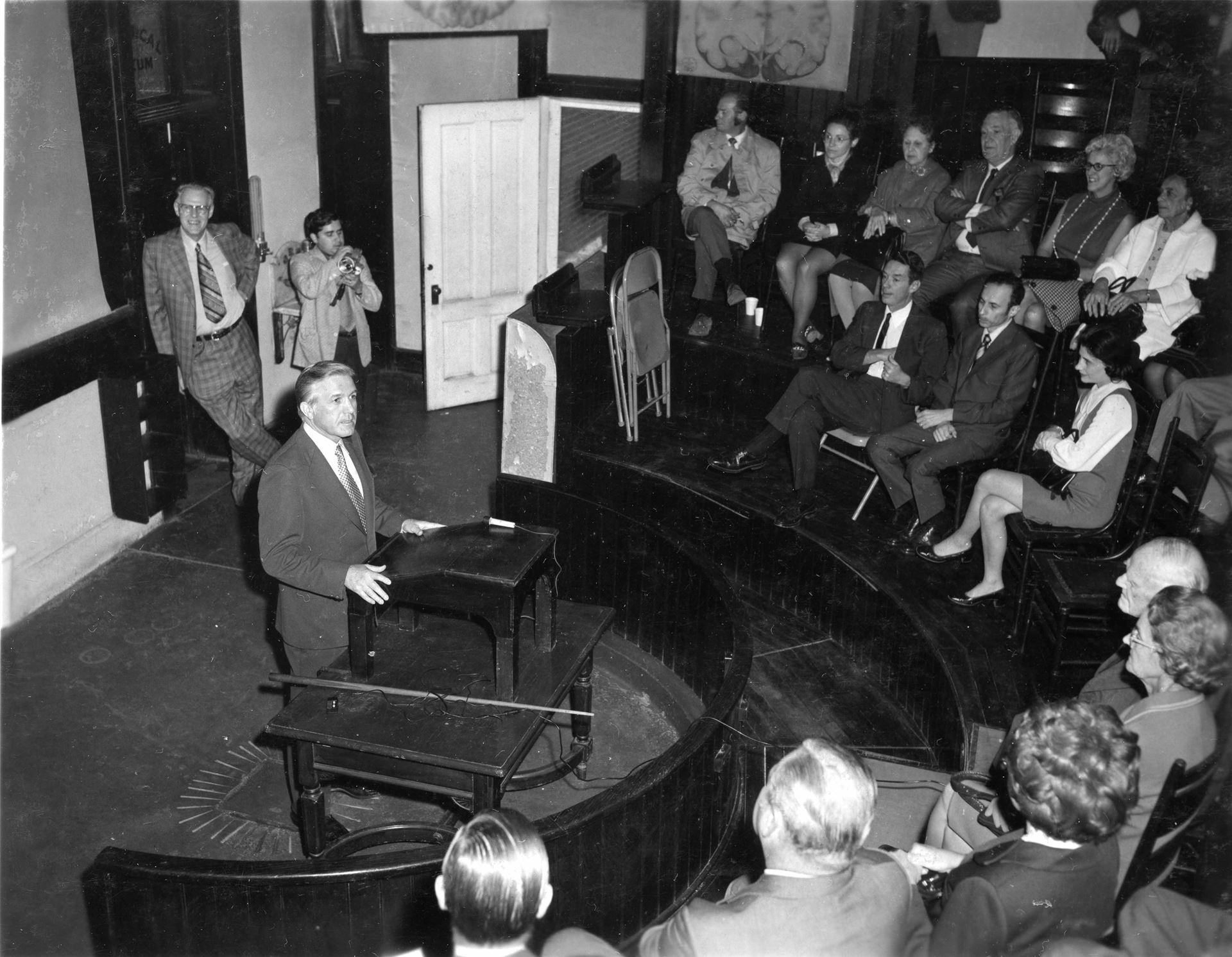|
Do you have news for IAP members? Do you know of retiring pathologists to congratulate or awards won? Email your news to iap@indianapath.org |
January 4, 2022
Indiana's Out-of-Network Law will be superseded by Federal Law
Barry Ziman, CAP's Director Legislative & Political Affairs, Department of Advocacy and Policy, has notified the IAP's leadership that Indiana's OON Law does not meet criteria for disputing payments and the law will be superseded by the Federal No Surprises Law. This is good news for pathologists. The CAP and the IAP actively opposed the Indiana Law because it placed the decisions for payment solely in the hands of the insurance companies.
The entire letter from CMS to State Government can be read here.
December 23, 2021 CAP Files Amicus Brief in Support of AMA, AHA No Surprises Lawsuit The CAP filed an amicus brief supporting a lawsuit challenging the federal government’s flawed implementation of the No Surprises Act. In the amicus brief, the CAP warned the government’s actions will cause substantial harm and further drive more physicians out of their patients’ health plan networks. “The College of American Pathologists worked closely with Congress during the development of the No Surprises Act, and we advocated for patient protections, including robust access to health care that’s in their health plan’s network,” said CAP President Emily Volk, MD, FCAP. “Importantly, we continue to believe that the subsequent regulations must support an equitable and balanced system for resolving out-of-network payment disputes. As of today, the rules heavily favor the insurers when their power is already too great. With new rules going into effect on January 1, physicians and hospitals have little choice but to ask the courts to fix regulations that strayed from the law.” The lawsuit led by the American Medical Association (AMA) and American Hospital Association (AHA) focused on requirements in the federal government’s rules pertaining to the independent dispute resolution process in the No Surprises Act. The law clearly established a fair and impartial independent dispute resolution process where physicians and other providers can settle claims with insurers without patients receiving unexpected large medical bills. However, the current administration’s rules favor the health insurance industry. The AMA and AHA lawsuit states that the federal government’s regulations deviated from the law but ensured that commercial insurers routinely undercompensate physicians and patients having fewer choices for in-network services. The lawsuit does not challenge patient protections in the law but seeks alignment between statute and the regulations for the independent dispute resolution process. The CAP’s amicus brief outlined how the adverse rules will disadvantage pathologists. Specifically, the government added to the No Surprises Act statute a material term that conflicts with Congress’s balanced design for the independent dispute resolution process. By making an insurer-controlled qualifying payment amount as the presumptive benchmark for the independent dispute resolution process, the government warped an independent inquiry into one that is harmful to pathologists and their patients. The AHA, AMA, and their co-plaintiffs filed their lawsuit against the departments of HHS, Labor, and Treasury, along with the Office of Personnel Management in the U.S. District Court for the District of Columbia. Go to the AMA’s website for copies of the original complaint and a motion to stay. IAP, CAP and ISMA to challenge the out of network law in the upcoming legislative sessionThe Out of Network Surprise Billing legislation passed in the previous session will seriously impact the practice of pathology. Pathologists can make this known to their legislators. Here are some points that can be made: "Talking Points" On Adverse Ramifications of Indiana HB 1004
#### |
Old Pathology Building receives state historical marker
Sunday, September 29, 2019 2pm
 50th Anniversary Celebration
50th Anniversary Celebration
and IHB Historical Marker Dedication
As we celebrate 50 years of presenting and preserving the Old Pathology Building and all of Indiana’s medical past. We will gather at 2pm and enjoy light refreshments and a short presentation about the Museum’s first 50 years and what’s to come. A new historical marker from the Indiana Historical Bureau to commemorate the Old Pathology Building will be unveiled, and our Board President Jane Schultz, PhD will lead us in a toast to the next 50 years!
Help the museum pay for the marker by making a donation here. Use the dropdown menu to the correct category.